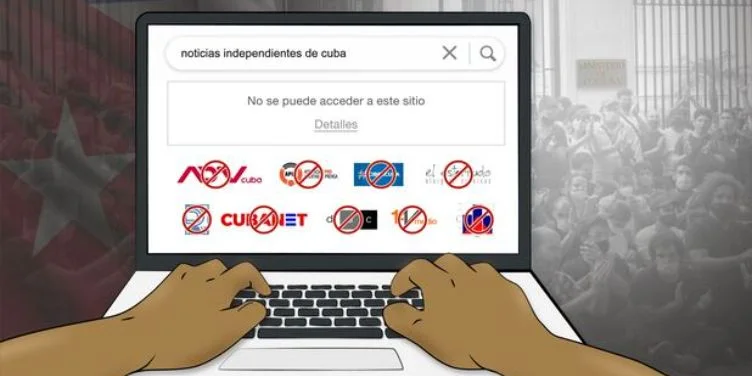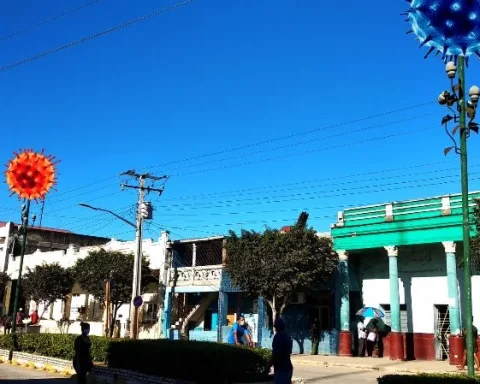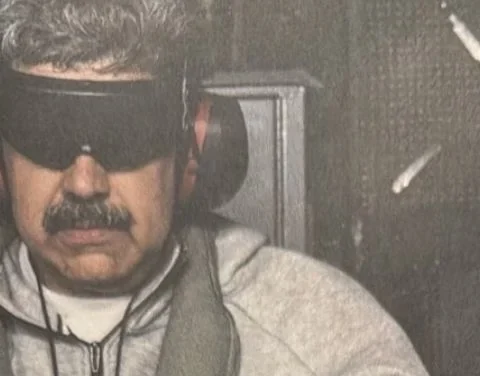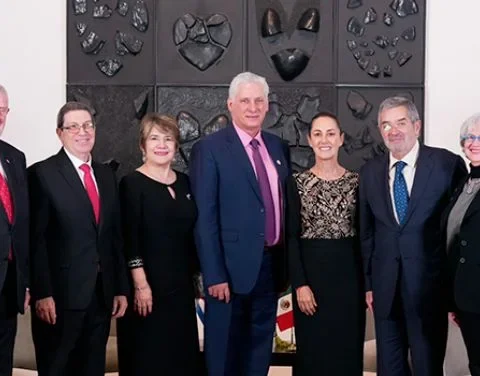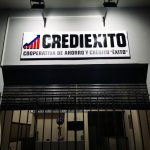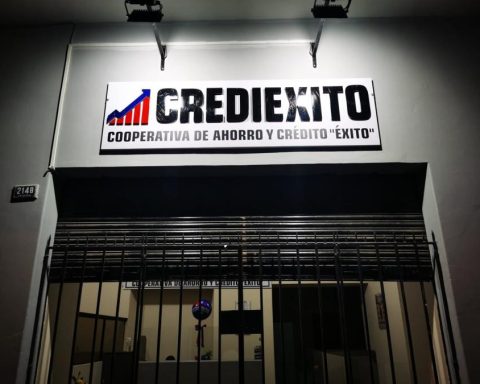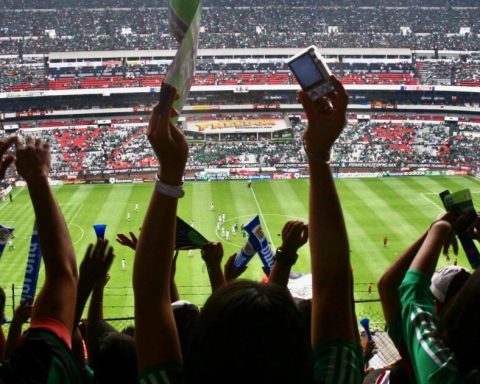HAVANA, Cuba. – Diktyon has published its sixth report on internet censorship and health in Cuba, which covers the analysis of more than 200 websites, as well as the most relevant events related to access to the Internet on the Island during the months of July, August and September.
The report reveals that, for approximately 30 days, several websites that had been blocked for years were accessible without restrictions. These sites, the focus of study by Cuban researchers, include independent platforms critical of the island’s regime, such as CubaNet. During this brief period, Cubans on the Island were able to access these pages without having to use VPN or other tools to evade censorship.
“Several sites were temporarily unblocked and then blocked again using the same censorship techniques previously applied. This phenomenon, which had not been reported in previous studies, raises questions about the causes behind this fluctuation,” Diktyon explained in his report.
Sites that report on Cuban reality and maintain a critical stance toward the regime have remained blocked for decades, making this temporary lifting of the blockade an unusual event.
The report also details that, of the 279 websites analyzed by Diktyon, 73 domains continue to be censored using various techniques, which are explained in detail in the document.
In addition, the report indicates that the Signal messaging application continues to have anomalies that affect its correct functioning. DeltaChatfor its part, “experienced blockages following the public call by US Congresswoman María Elvira Salazar on July 11, 2024, who urged citizens to use this application as an alternative in case of new internet outages.”
From that moment on, ETECSA began blocking servers essential to its operation, a fact that Diktyon carefully documented. This information, along with the technical details of the blockade, is comprehensively set out in the report.
ETECSA has been pointed out in previous reports for relying on Huawei technology to implement censorship in Cuba, according to the regime’s criteria.
Regarding general internet access, the researchers emphasize that “Cuba maintained extremely slow speeds from June to August 2024, both in mobile data and fixed broadband, well below the minimum standards for effective access to the network.” .
Diktyon is an international group of researchers that publishes exhaustive reports on censorship in Cuba on a quarterly basis. Its main focus is to document the blockades carried out by ETECSA at the request of the Cuban Government, as well as other issues related to technology on the Island.
The restrictions on access to information and freedom of expression online evidenced in each Diktyon report expose a flagrant violation of fundamental human rights recognized internationally, such as freedom of expression, access to information, privacy and freedom online association.
